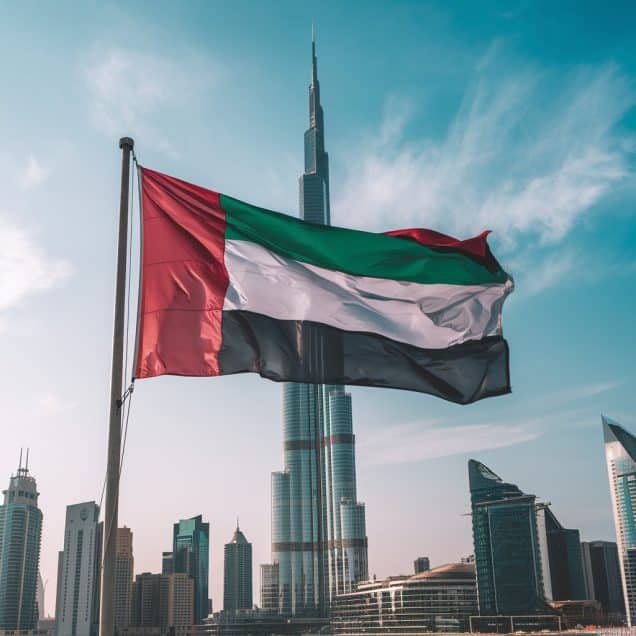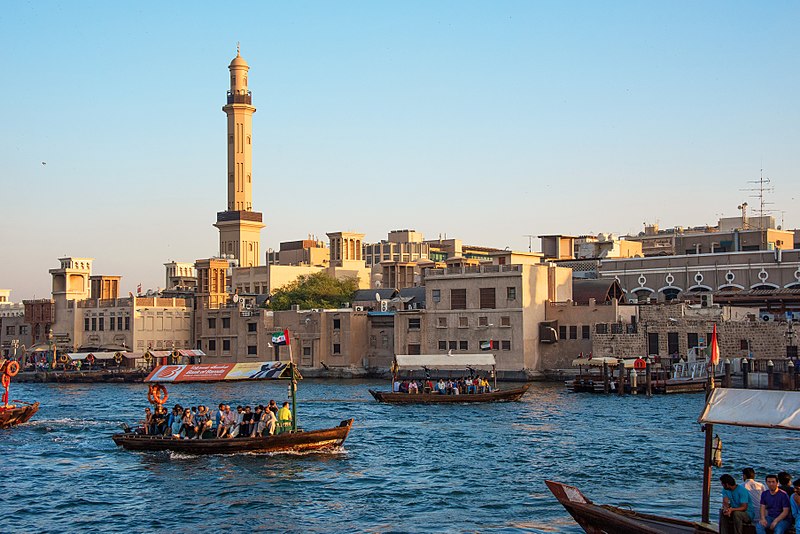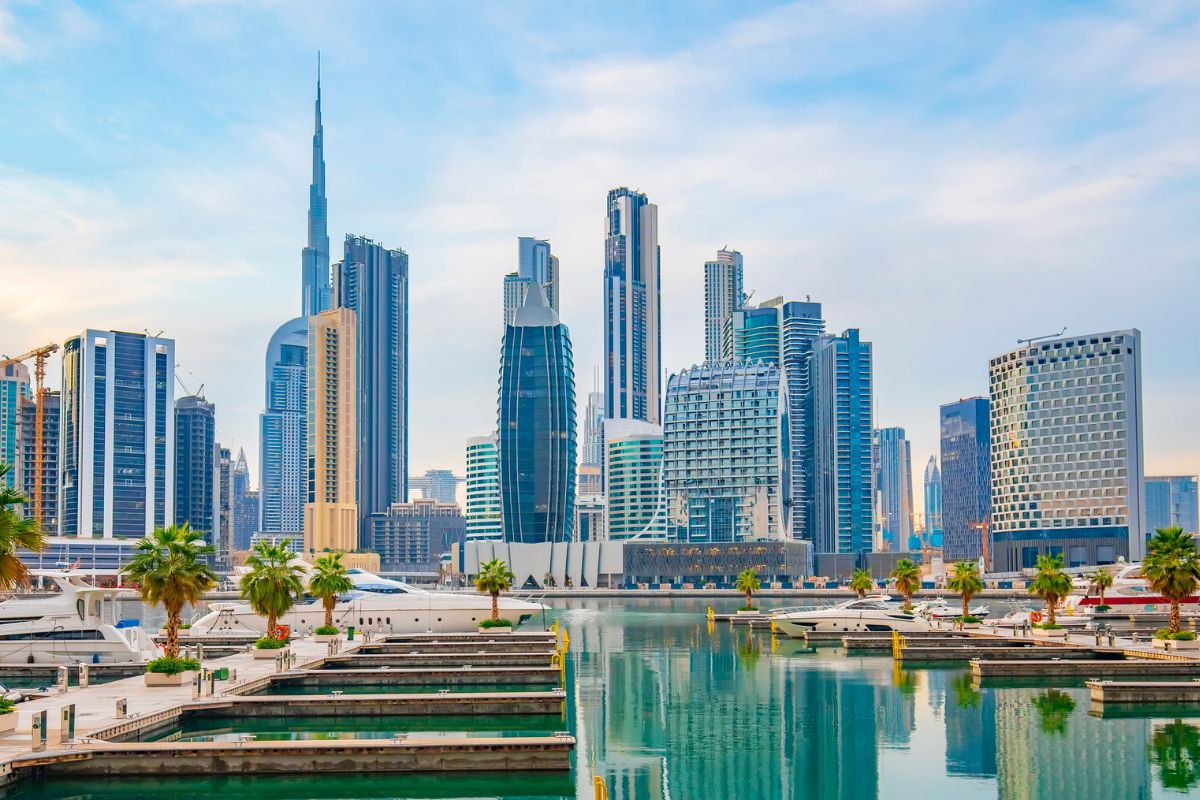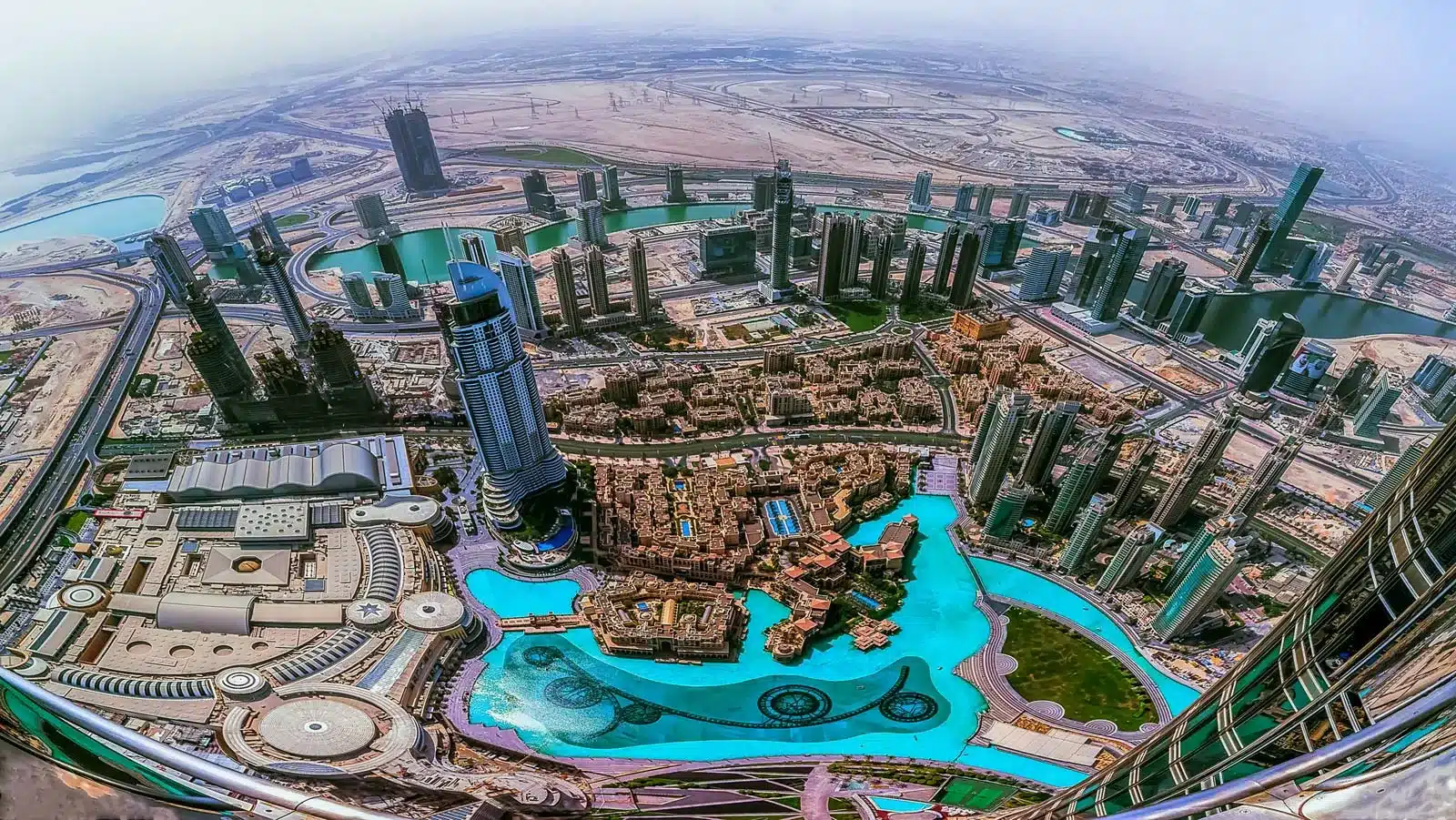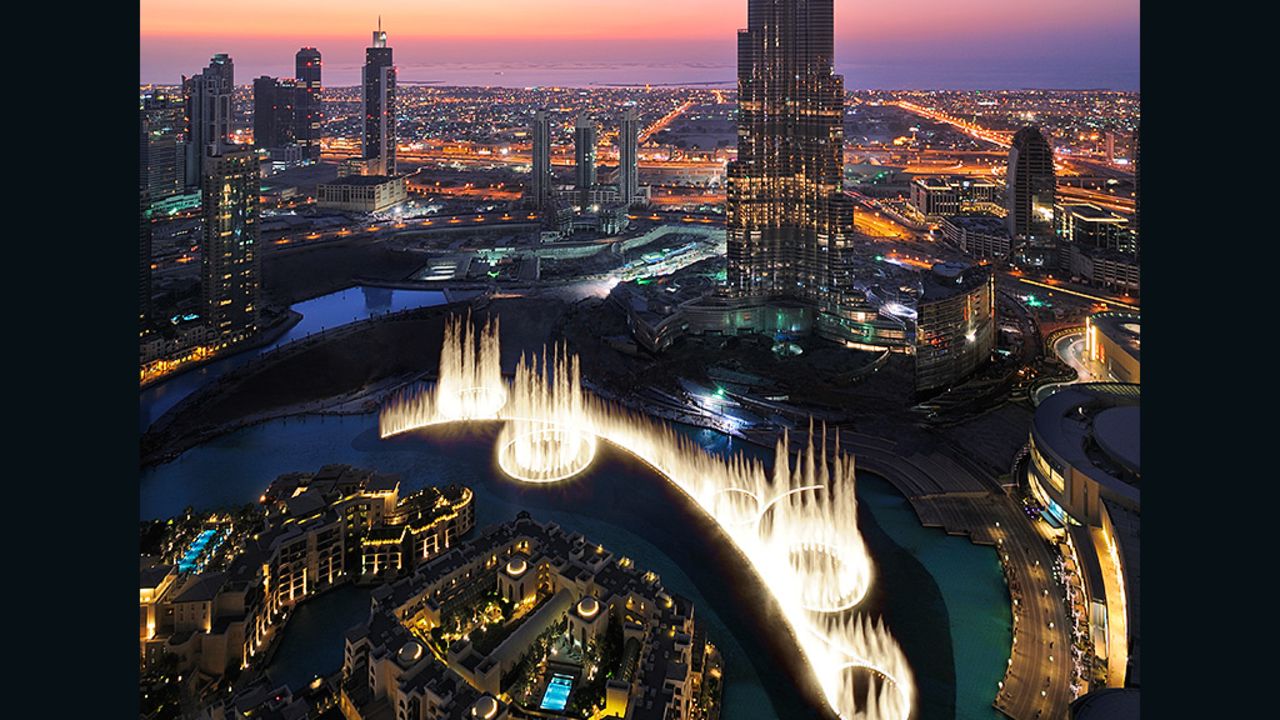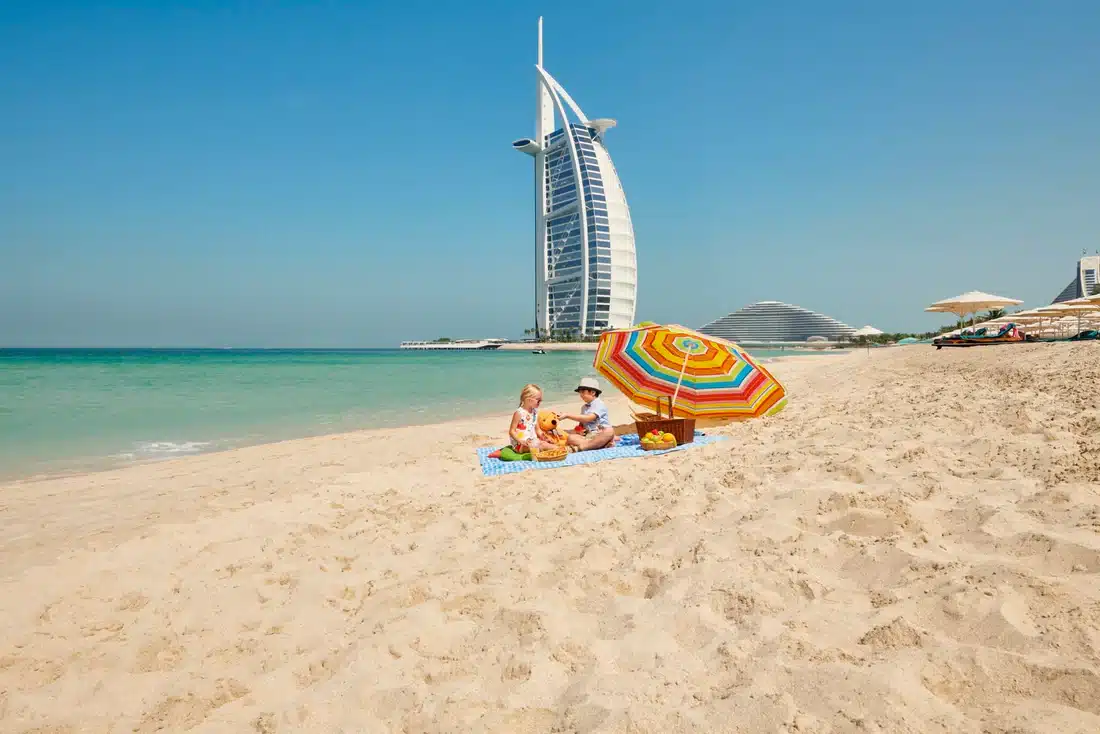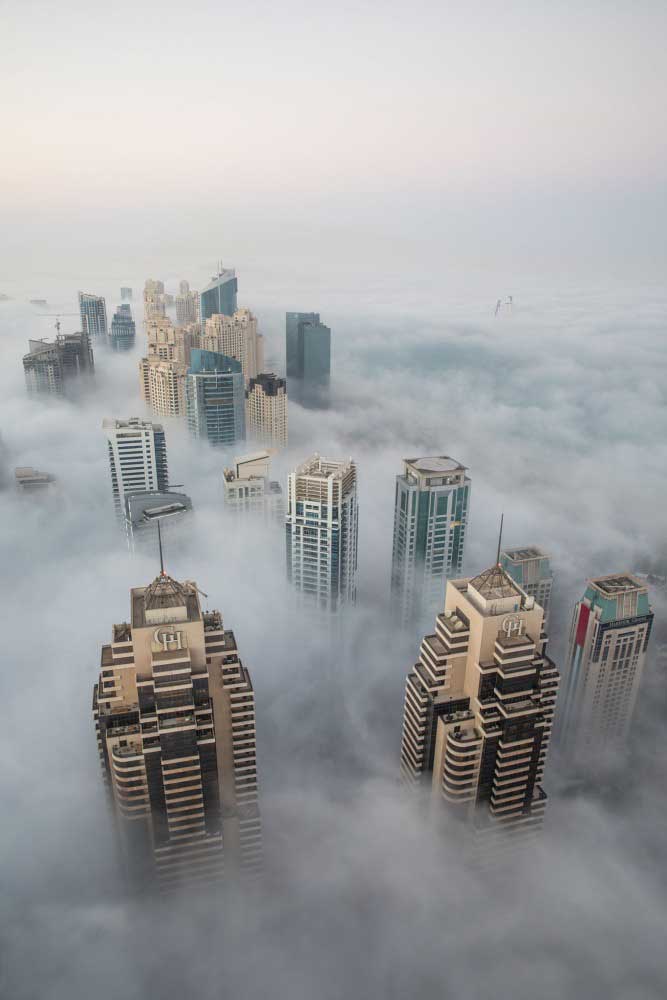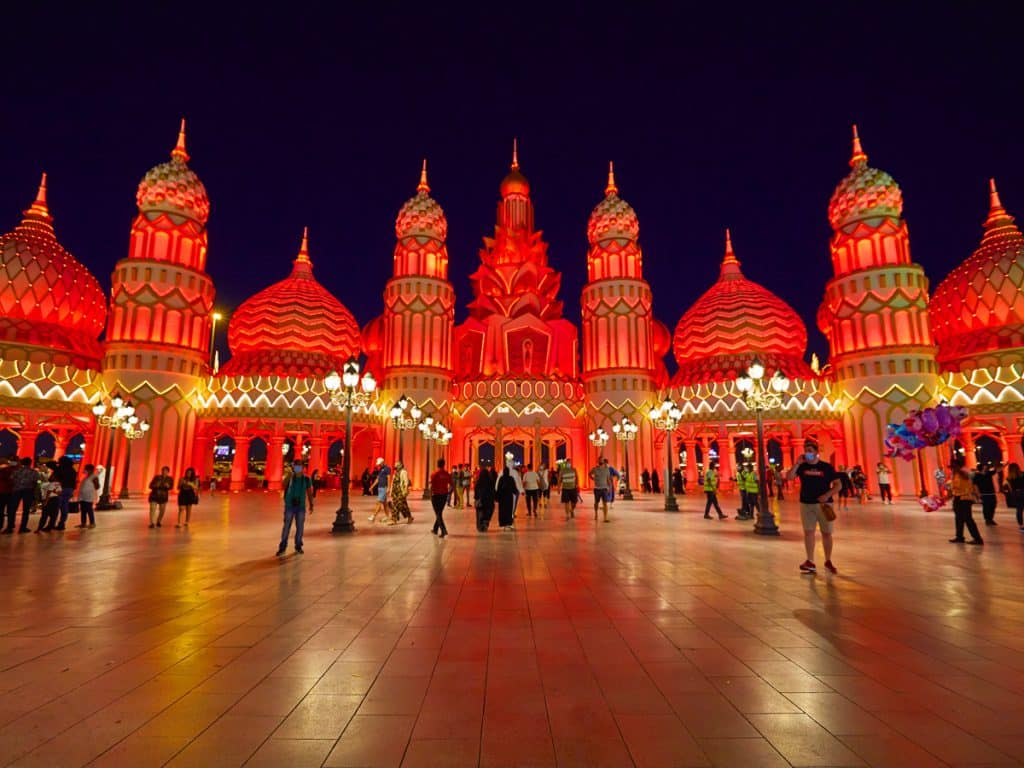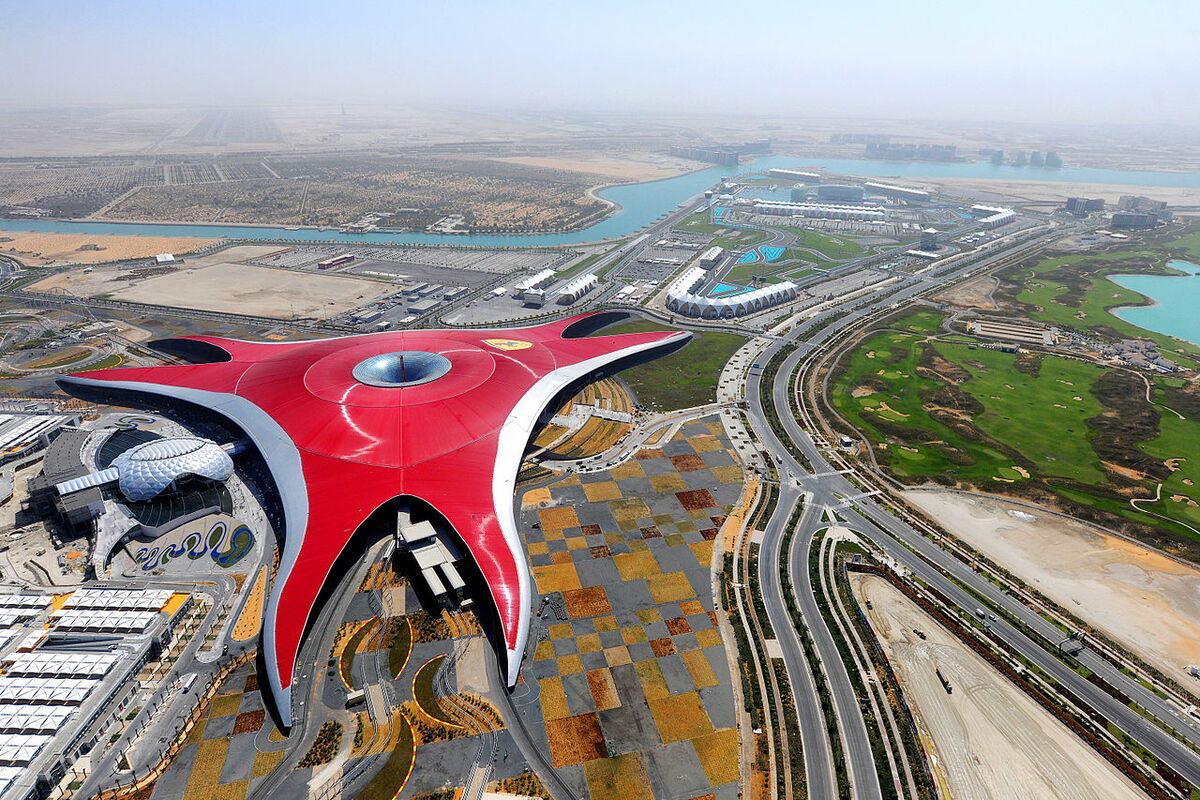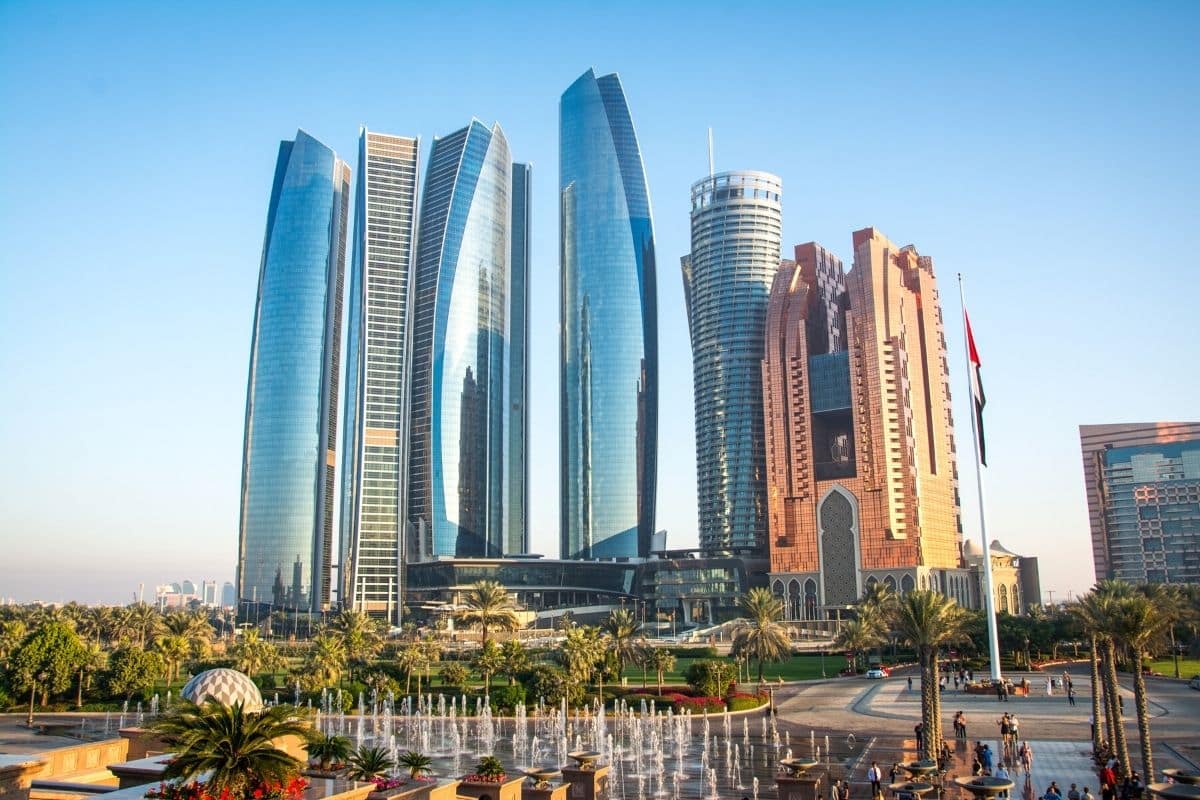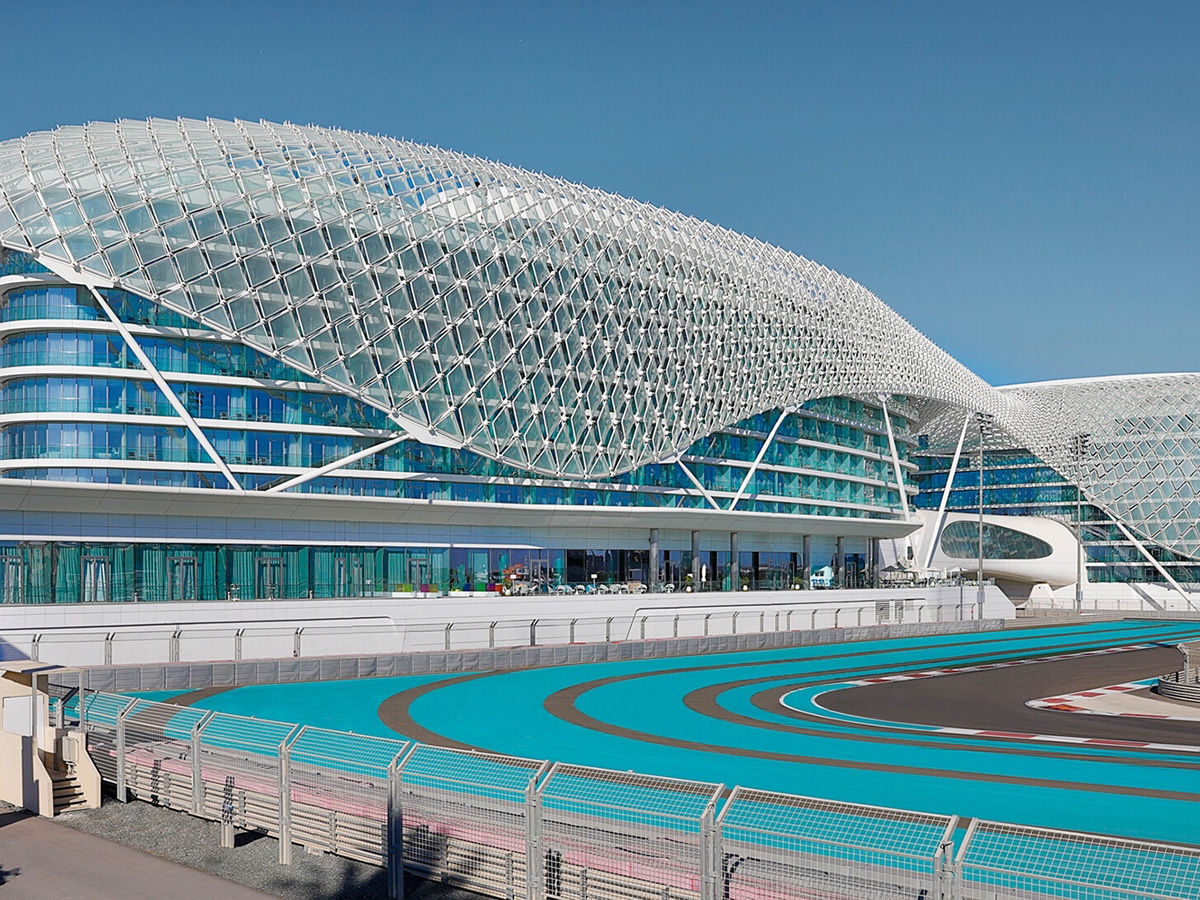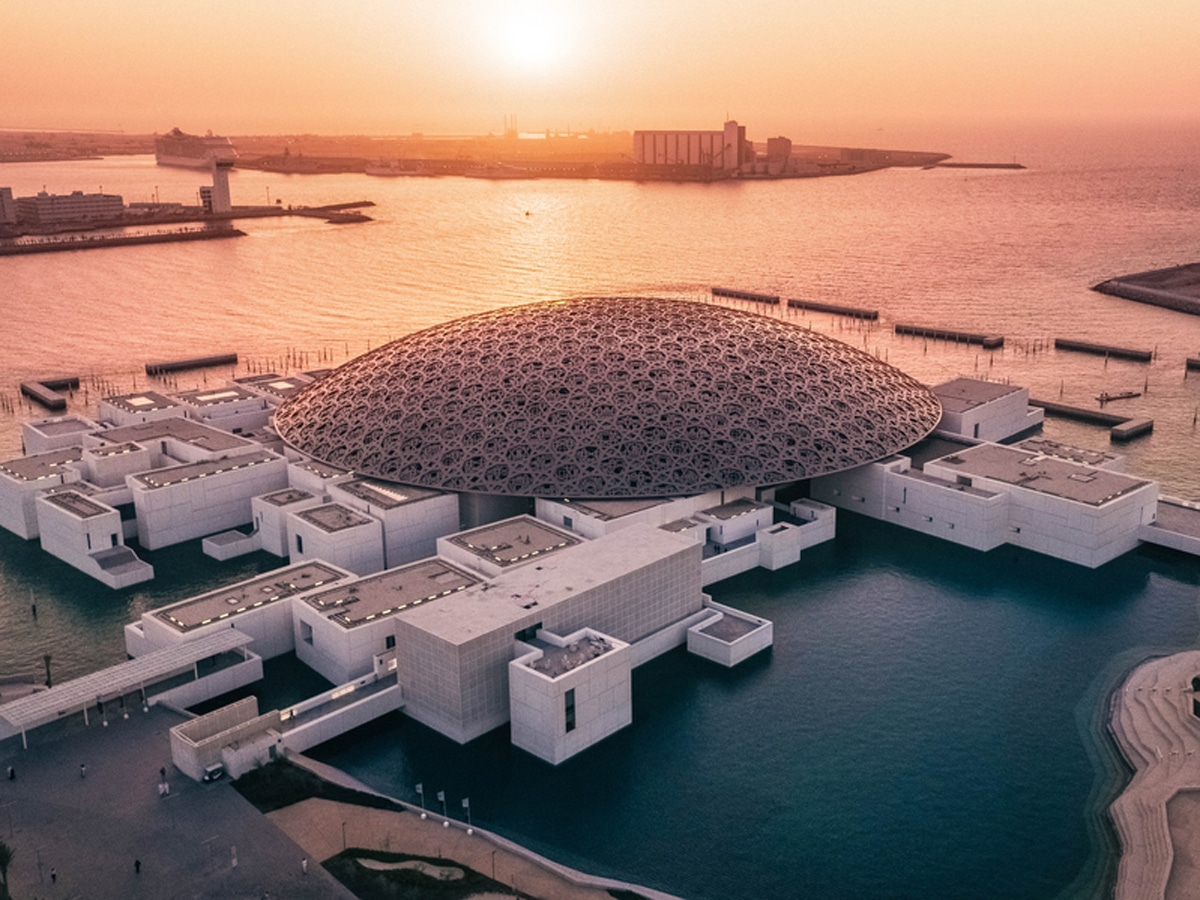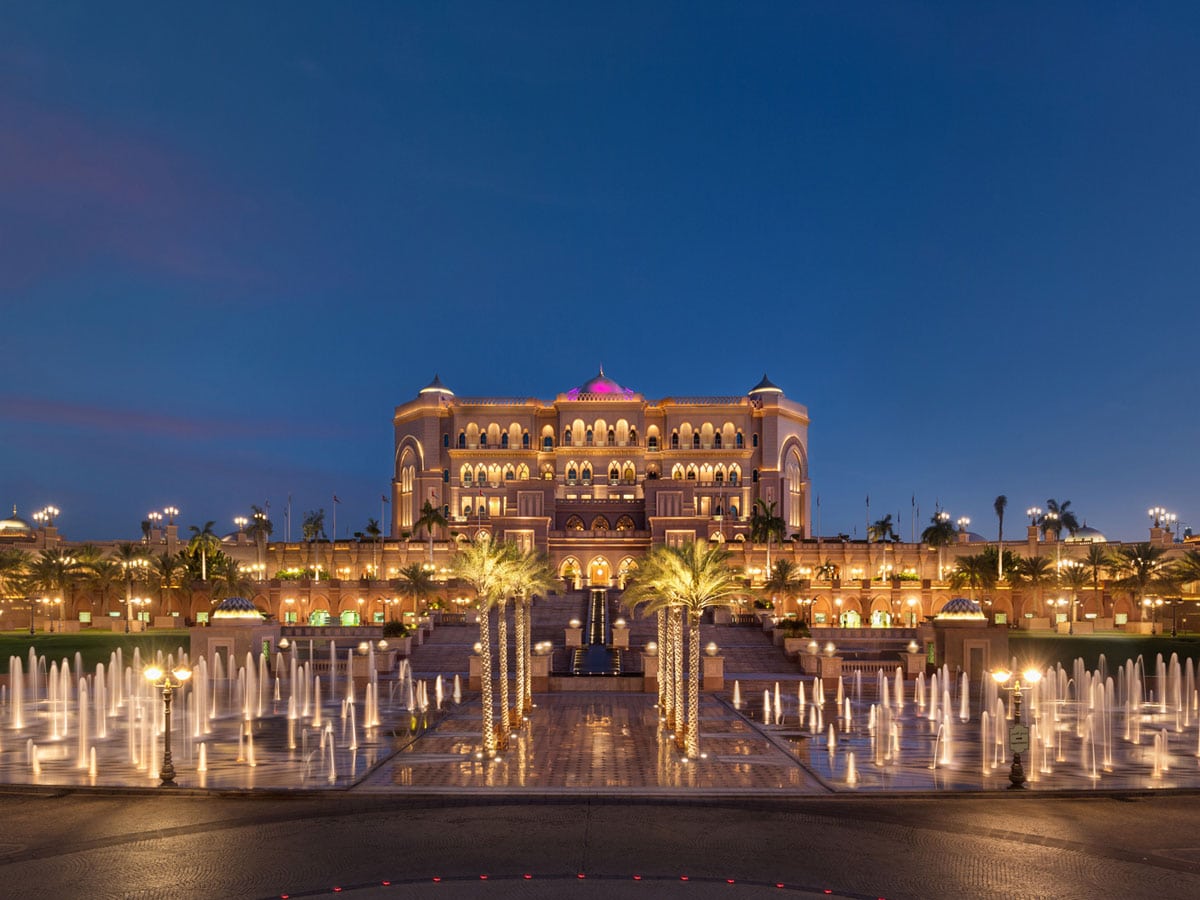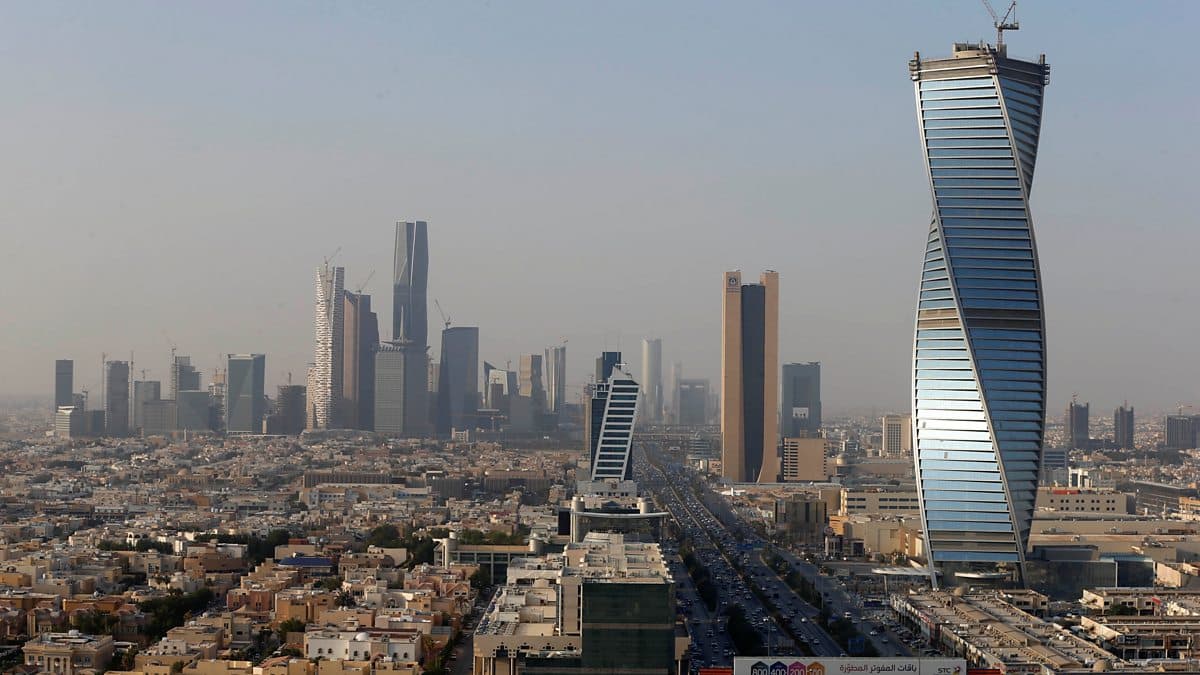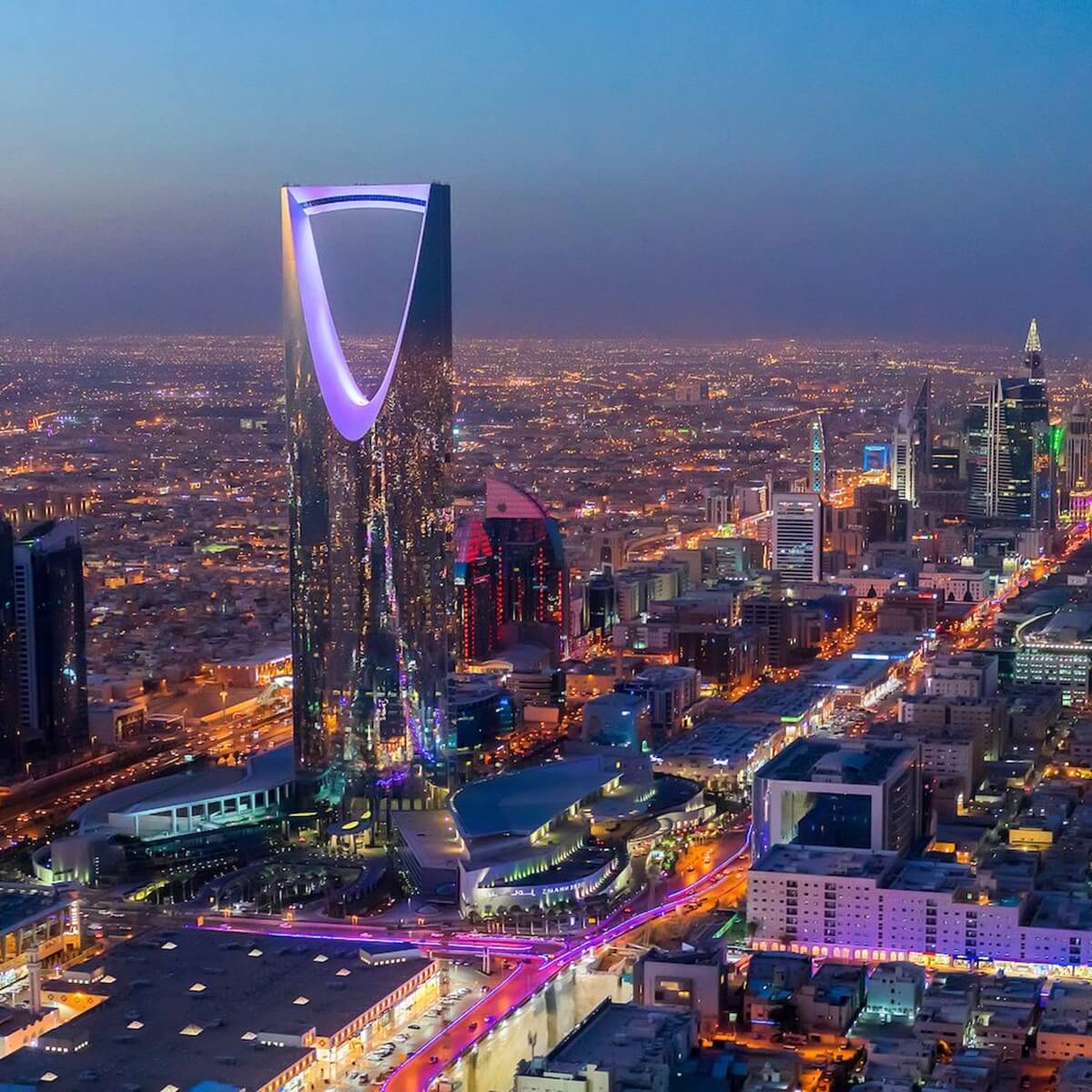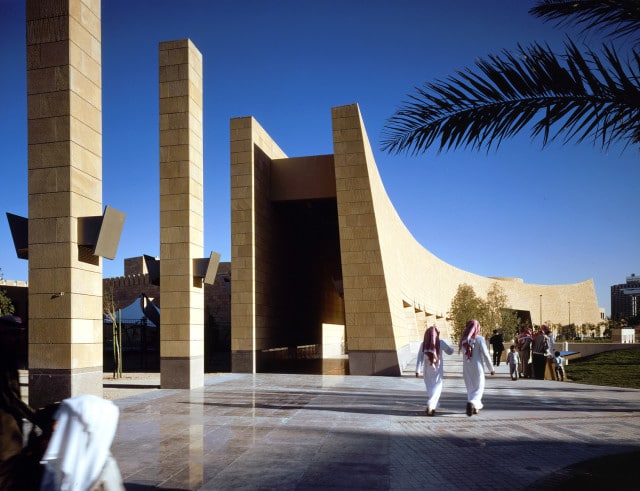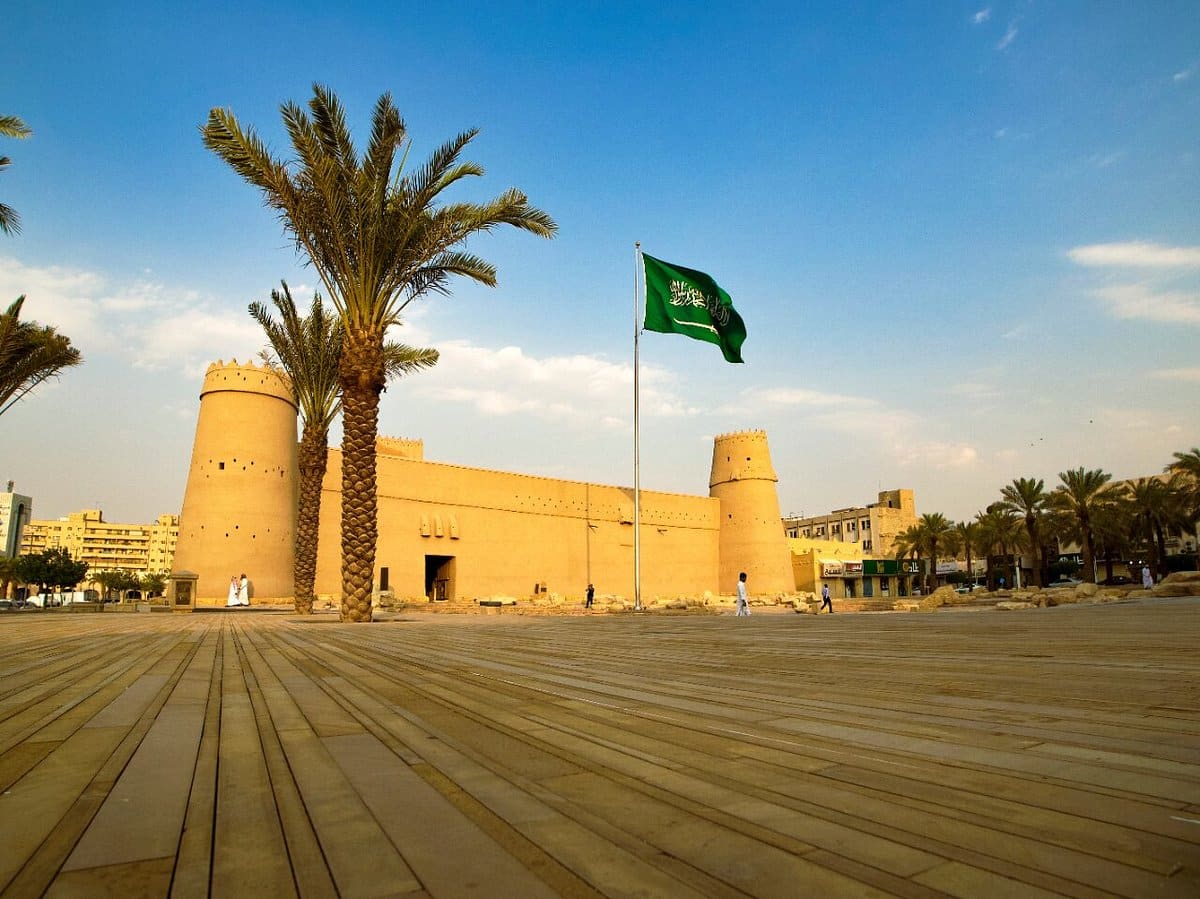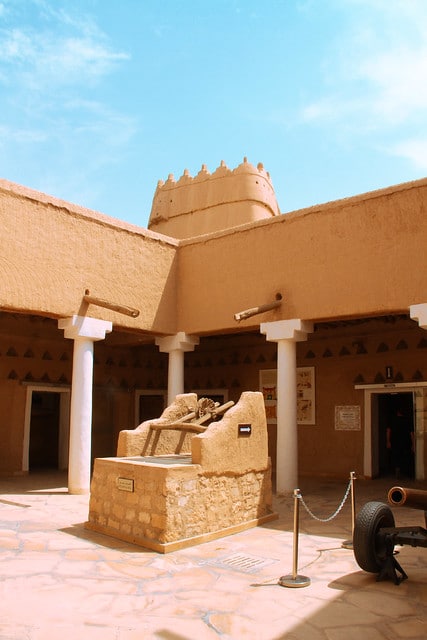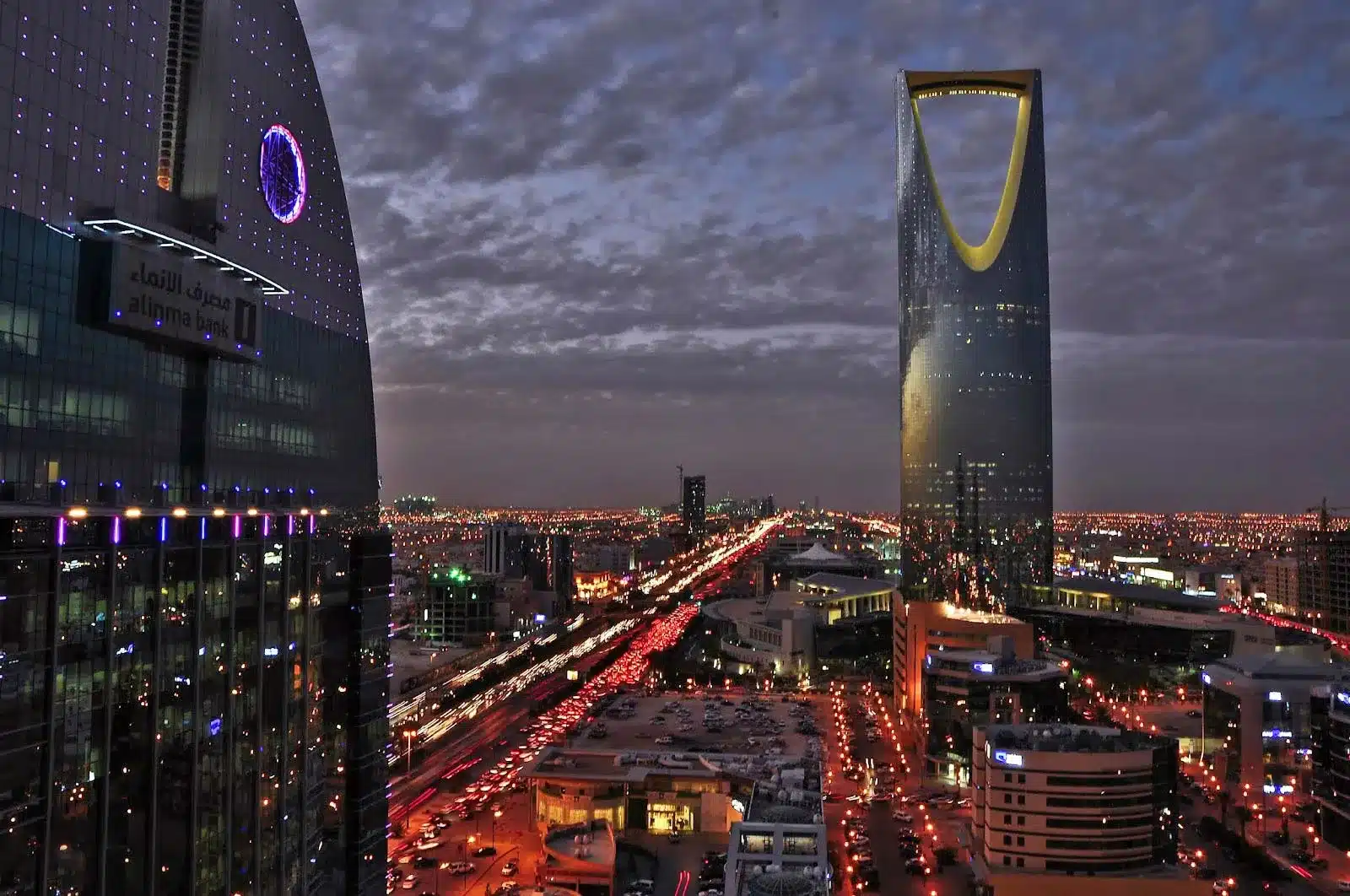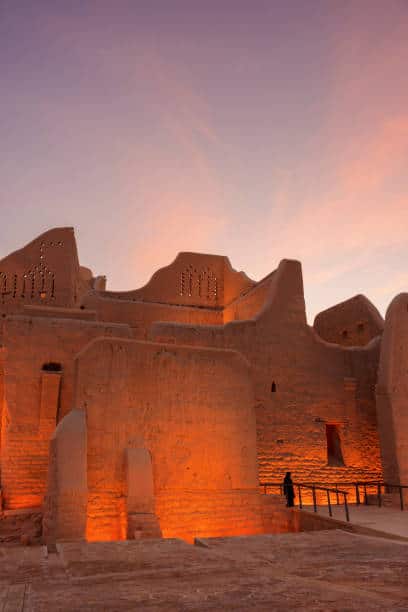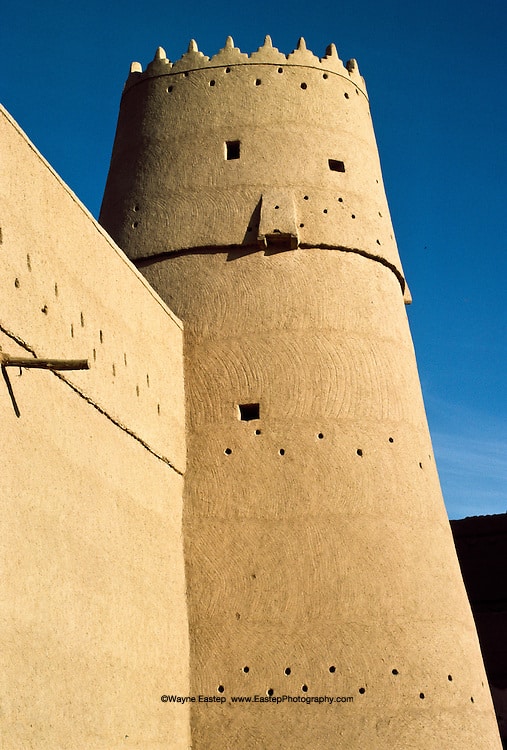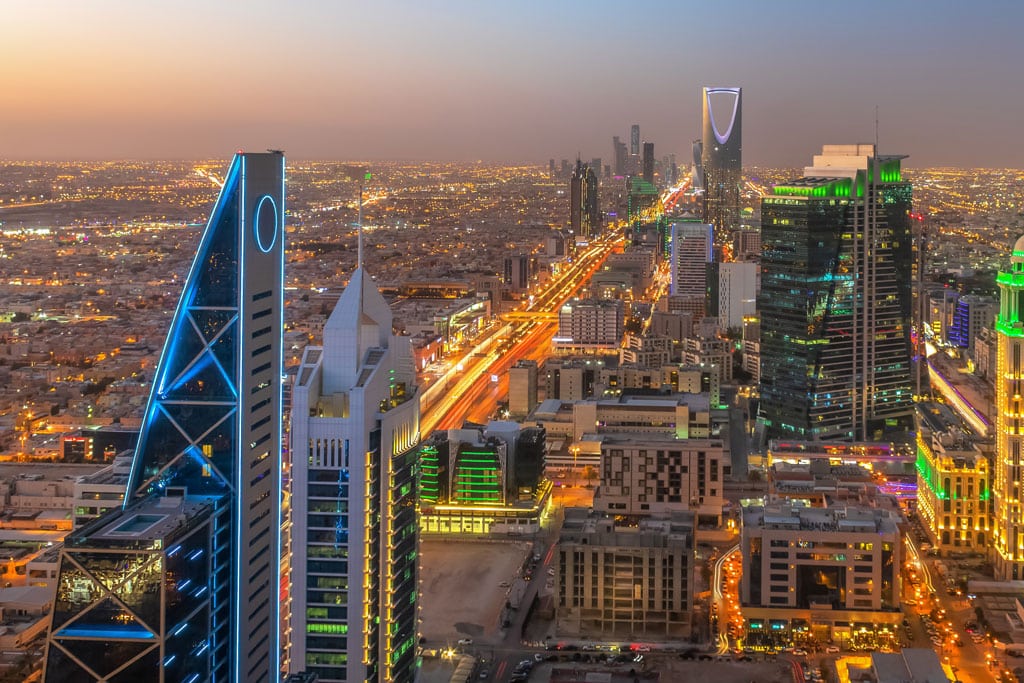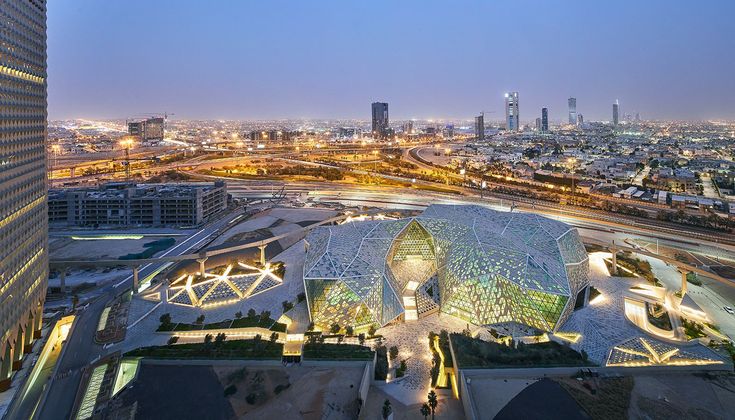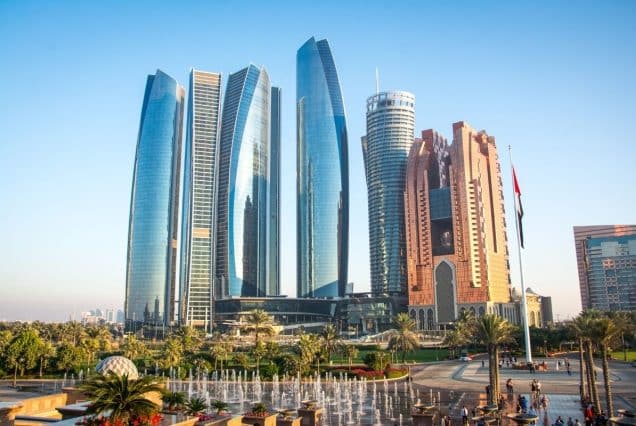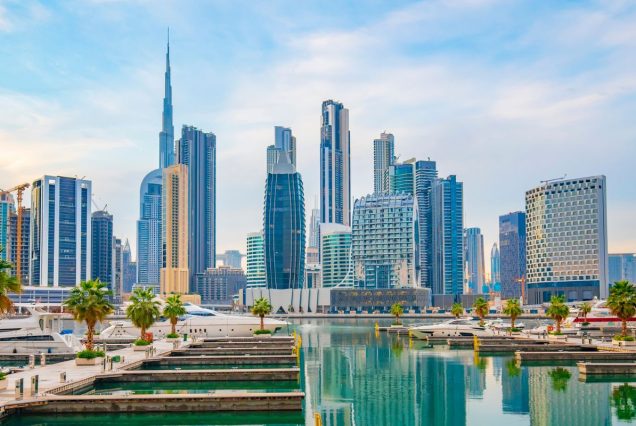

Discover United Arab Emirates
Sights
Map
Info
The United Arab Emirates (UAE) is a vibrant and rapidly growing nation known for its luxurious lifestyle, innovative architecture, and deep cultural heritage. Comprising seven emirates, including the globally recognized Dubai and the culturally rich Abu Dhabi, the UAE offers a unique blend of tradition and modernity. Visitors are drawn to the country for its stunning skyscrapers, world-class shopping, and diverse cultural experiences. However, before traveling, it’s important to be aware of the UAE’s entry requirements, transportation options, and cultural norms to make the most of your visit.
Visa and Passport Requirements
Visa Requirement: Most travelers require a visa to enter the UAE, but citizens of many countries can obtain a visa on arrival for short stays.
Passport Validity: Your passport must be valid for at least six months beyond your intended date of departure from the UAE.
Entry Process: Upon arrival, visitors may undergo routine checks and should have proof of onward travel and accommodation details ready.
Transportation
Public Transport: Major cities like Dubai and Abu Dhabi have well-developed public transportation systems, including buses, metros, and trams.
Taxis and Ride-Sharing: Taxis are widely available and affordable, with ride-sharing apps like Uber and Careem also being popular options.
Car Rentals: Renting a car is a convenient way to explore the UAE, especially for traveling between emirates or visiting more remote areas.
Accommodation
Luxury Hotels: The UAE is renowned for its luxury hotels, including iconic properties like the Burj Al Arab in Dubai and the Emirates Palace in Abu Dhabi.
Mid-Range Hotels: There are plenty of mid-range hotels offering comfortable accommodations at more affordable prices, particularly in city centers.
Vacation Rentals: Services like Airbnb offer a range of options from apartments to villas, providing more personalized and flexible lodging choices.
Dining
Restaurants: The UAE offers a diverse culinary scene with a wide range of international cuisines, as well as traditional Emirati dishes like shawarma and hummus.
Tipping: Tipping is not obligatory but appreciated, with around 10% being standard in restaurants and for service providers.
Halal Food: As a Muslim country, most food in the UAE is halal, and alcohol is typically only served in licensed hotels, bars, and restaurants.
Cultural Considerations
Dress Code: Modest dress is recommended, particularly in public places and religious sites; swimwear is acceptable at beaches and pools.
Public Behavior: Displays of affection are frowned upon in public, and respect for local customs and Islamic traditions is expected.
Photography: Be cautious when taking photos of people, particularly women, and avoid photographing government buildings or military sites.
Language
Language: Arabic is the official language, but English is widely spoken, particularly in business, tourism, and government services.
Signage: Most public signs, menus, and information in major cities are bilingual (Arabic and English), making navigation easier for non-Arabic speakers.
Communication: Basic Arabic phrases can be useful, but most interactions, especially in urban areas, can be conducted in English.
Technology and Communication
Mobile Connectivity: The UAE has excellent mobile network coverage; visitors can purchase local SIM cards for data and calls at the airport or in the city.
Wi-Fi Access: Free Wi-Fi is widely available in hotels, cafes, shopping malls, and public spaces, making it easy to stay connected.
Internet Censorship: Some websites and VoIP services (like Skype) may be restricted or require VPN access due to government regulations.
Shopping and Payment
Credit Cards: Credit cards are widely accepted, even for small purchases, and ATMs are readily available in urban areas.
Currency Exchange: Currency exchange services are available at airports, malls, and exchange bureaus, offering competitive rates for major currencies.
Sales and Bargaining: While prices in malls and stores are fixed, bargaining is common in traditional markets (souks), where you can negotiate for a better price.

